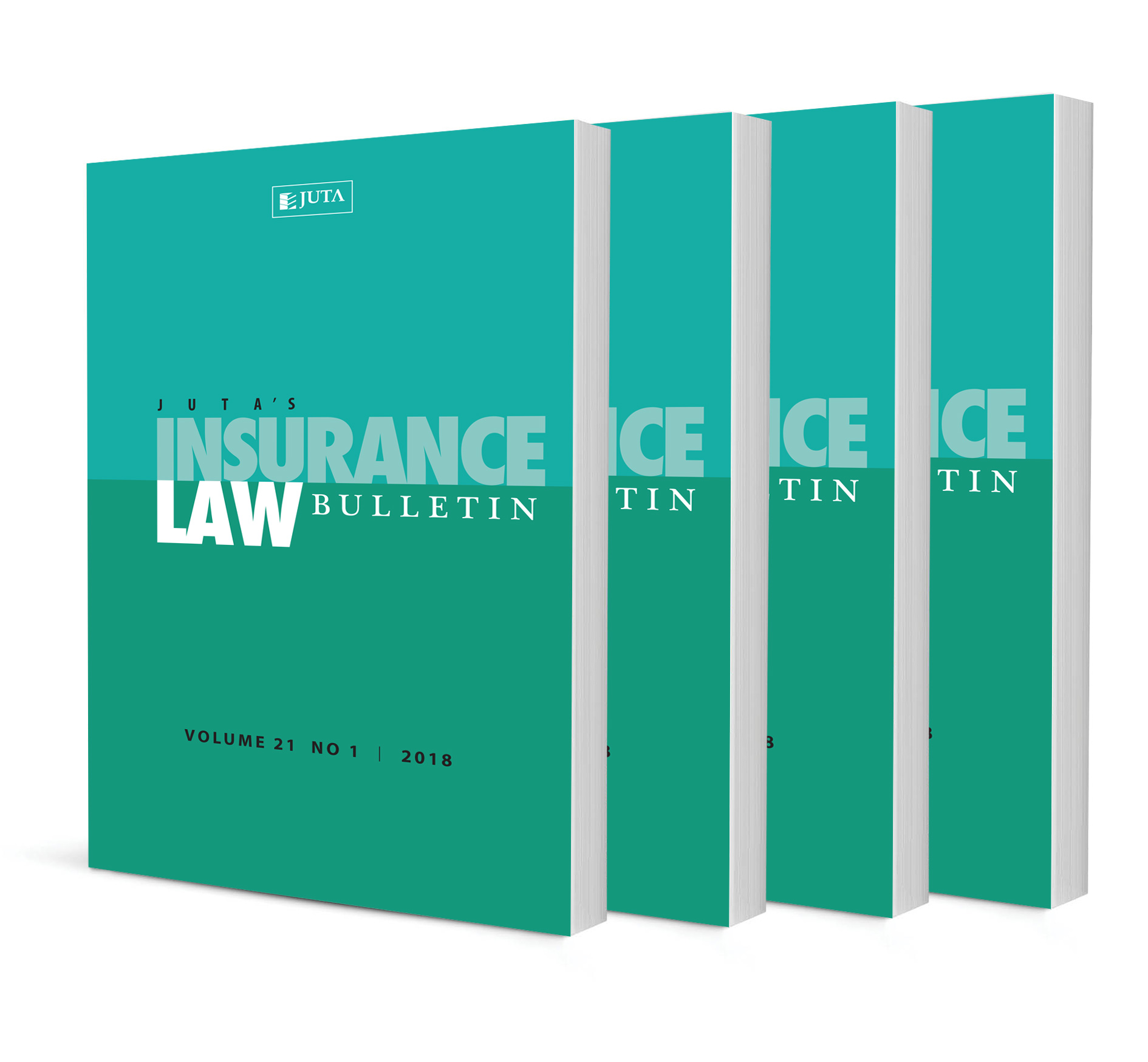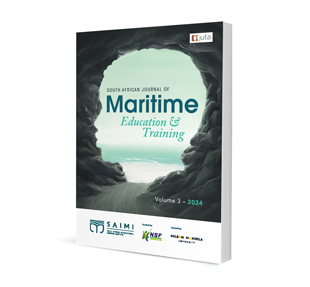Abstract
Decarbonisation is central to addressing hard-to-abate industries, with the hydrogen economy emerging as a main solution. Currently, hydrogen production predominantly comes from a fossil fuel base, using steam methane reforming (SMR), coal gasification and natural gas responding to the conventional colours of hydrogen (grey, black and brown hydrogen), each with a significant environmental footprint. The growing interest in hydrogen production has led to further research into existing and alternative hydrogen production methods, giving rise to a spectrum of hydrogen colours. Darker colours are typically associated with fossil fuels, whereas lighter colours, particularly green derived from renewable energy sources, are considered cleaner alternatives. Additionally, hydrogen production processes include methane pyrolysis and thermolysis/thermochemical, highlighting the importance of distinguishing between the different colours of hydrogen. The study provides an overview of the 10 hydrogen colours, detailing their production process, sources of energy and the four environmental impacts focusing on eutrophication, global warming potential (GWP), acidification and resource depletion. Furthermore, the study examines the technology readiness levels (TRLs) and the cost of hydrogen production in South Africa. The results indicate that sustainable hydrogen production methods, such as green hydrogen, cost more than the conventional alternatives. Conventional hydrogen colours have reached full technology maturity (TRL 9), whereas the newer technologies remain in their infancy. Additionally, conventional hydrogen production methods exhibit higher environmental impacts compared to more sustainable hydrogen alternatives. In addition, the study highlights the need for further skills development to support the integration of alternative fuels, particularly the various colours of hydrogen, within maritime sector applications.


